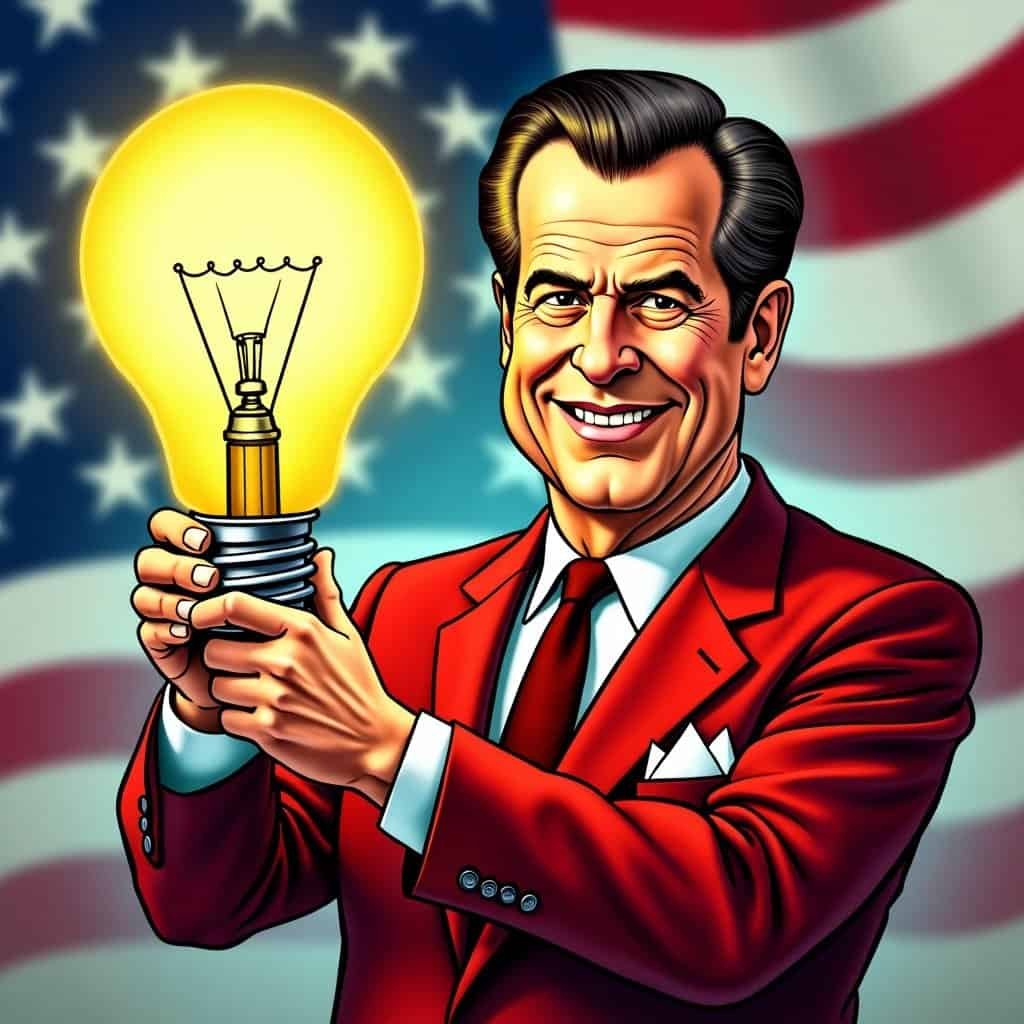Ah, the 1970s—a decade when bell-bottoms were all the rage, and disco fever captivated the nation’s youth. Amidst this cultural hustle and bustle, something quietly significant occurred. It wasn’t another dance craze (much to our delight), but rather the birth of a fierce conservative think tank, spearheaded by none other than President Richard Nixon. That gathering of minds was called the Committee on the Present Danger, a name as dramatic as the political climate it protested.
Nixon, whose presidential tenure was filled with tricky situations—some of his own making—certainly understood the notion of perceived threats. Setting aside his more infamous escapades, let’s talk about his strategic brilliance in rallying the conservative front against looming communist threats during the Cold War. He knew America needed a squad, a committed committee of elites, to wield pens instead of swords. This coalition was, in a sense, like recruiting chess grandmasters to a game of global politics, aiming to outmaneuver those sneaky Reds.
The Committee’s Purpose
This Committee on the Present Danger became a stronghold for boosting America’s resolve, emphasizing the need for robust defense strategies and top-notch military readiness. Pushing for a bigger defense budget was as American as apple pie—and Nixon had a knack for selling it with patriotic flair. In a time when the smooth charm of conservative values—namely fiscal prudence, personal responsibility, and an unapologetic trust in good ol’ market forces—could clash with the liberal tendency toward kumbaya diplomacy, these suited guardians of liberty took a bold stand.
Diverse Membership
Keep in mind, Nixon’s committee wasn’t an exclusive boys’ club with a secret handshake. It welcomed a variety of conservative thinkers who were passionate about putting national security first. Nixon knew that while liberals were busy singing “Imagine,” our little troop needed to make sure America wasn’t daydreaming about a nuclear-armed neighbor down the block.
Key Values of the Committee
- ✓ Sovereignty
- ✓ Strong national defense
- ✓ Free trade
- ✓ Entrepreneurship
- ✓ Limited government interference
Picture the Committee on the Present Danger as a conservative eagle soaring high above the political landscape, with wings spread wide over the importance of sovereignty and grit. They embodied the patriotic spirit that celebrated trade, entrepreneurship, and less tax interference—values that called for strength and vigilance during a period where paranoia was practically fashionable. After all, it wasn’t just about preserving an old way of thinking; it was a mission to protect the liberty and prosperity that America had built over the years.
The Committee’s Impact
The committee’s hard work paid off. The policies it supported eventually set the stage for the Reagan administration’s defense victories, including Reagan’s famous line, “Trust, but verify.” It was a phrase cooked up in the strategic war rooms of this smart committee. Sticking to the right cause and playing it smart was the motto—something conservatives valued amidst the liberal dreams of a perfect world.
Being smart about real threats instead of made-up ones was a trademark of Nixon’s committee. It reminded us all about the value of careful, conservative approaches to national security issues: keeping a strong military, protecting sovereignty, and making sure that diplomacy never weakens our position. Today, we remember Nixon for many things, but his contribution here to conservative values in the face of liberal challenges deserves a firm salute. His forward-thinking gives us a valuable lesson—a lesson in pursuing security with strength and focus, even if it sounds like a walk through a Cold War battlefield.
To wrap it up, the Committee on the Present Danger was Republican through and through, showing off conservative values like a prized possession as it navigated the choppy waters of the Cold War. A group that got it—that within conservatism lies the promise of keeping prosperity safe—and that couldn’t have been more important at the time.






